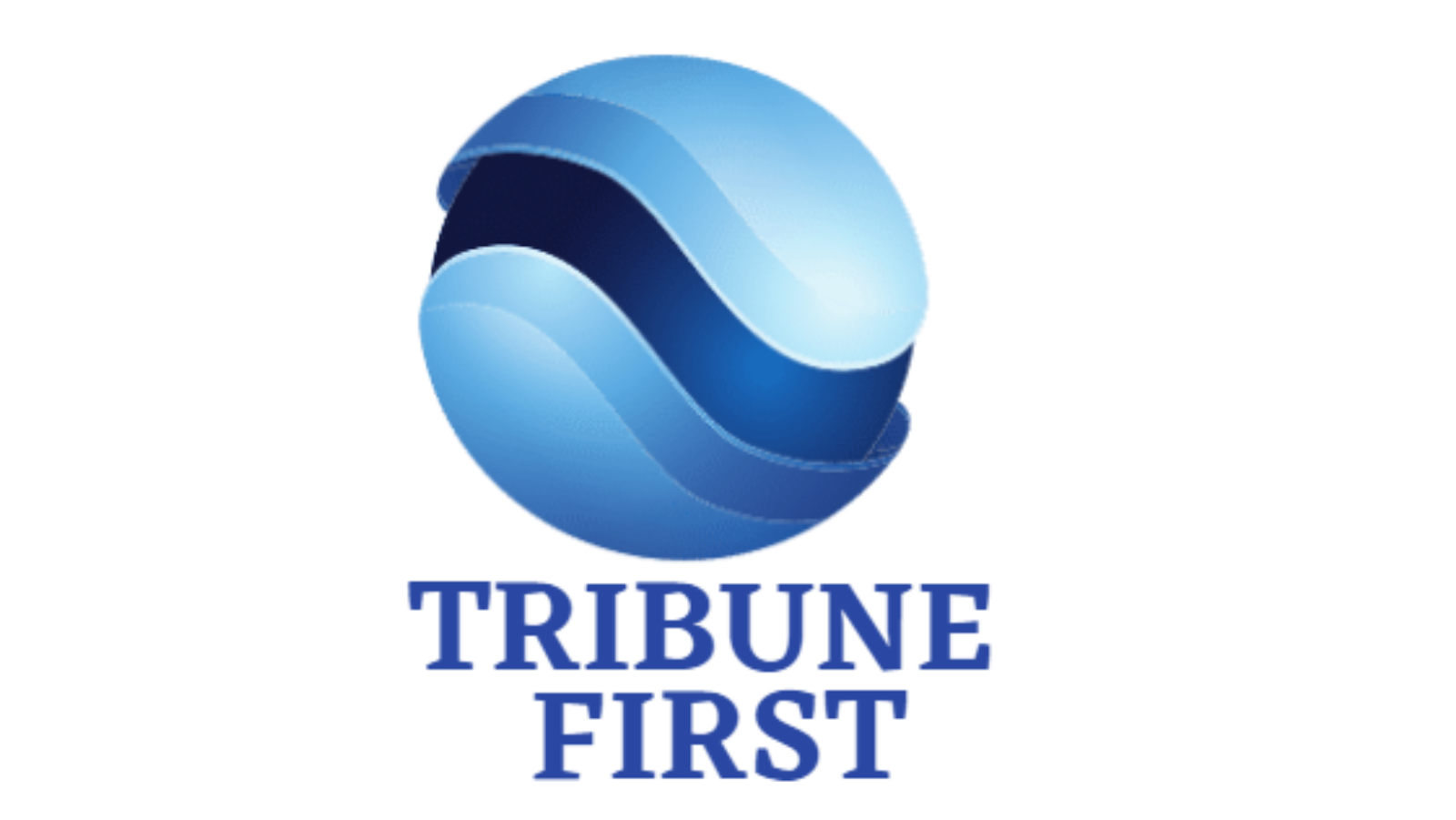The German WASH network's Johannes Rück discusses the contribution made by global civil society to the provision of water and sanitation.
Mr Rück, the WASH network brings together 29 German non-governmental organisations in international development cooperation, emergency, and transitional humanitarian aid. What objectives does the new network have?
Is one of your current goals to support feminist development policies?
Since it has always been a priority of our network to assist groups that are particularly marginalised and underprivileged worldwide, which unfortunately includes women and girls, all too frequently, we applaud feminist development strategies. They are mostly in charge of providing water for their families. Because there aren't adequate sanitary facilities at school for girls to use during their periods, this also impacts them. Yet, WASH (water, sanitation, and hygiene) careers must also become more feminine and appealing to women.
We are trying to enhance the proportion of women participating in our technical training programs for local water supply and sanitation stakeholders. While the percentage of women enrolled in our courses in Asian nations has now almost reached 50%, it is just 20% in sub-Saharan Africa, where there is still much space for growth.
You spoke about the value of civil society. What potential, in particular, does it offer?
Fundamentally, the Sustainable Development Goals of the United Nations are about making sure that no one is left behind. When it comes to access to water and sanitation, civil society organisations are frequently the only ones at the local level, especially in rural areas of the world's poorest nations. Together with our local partners, we are deeply ingrained in the communities and aware of their needs and difficulties. Unlike governmental or international organisations, which frequently avoid risks, actors in civil society can frequently reach people more effectively in crisis regions and unstable states.

.jpg)
.jpg)
.png)
.png)
.png)
0 Comments